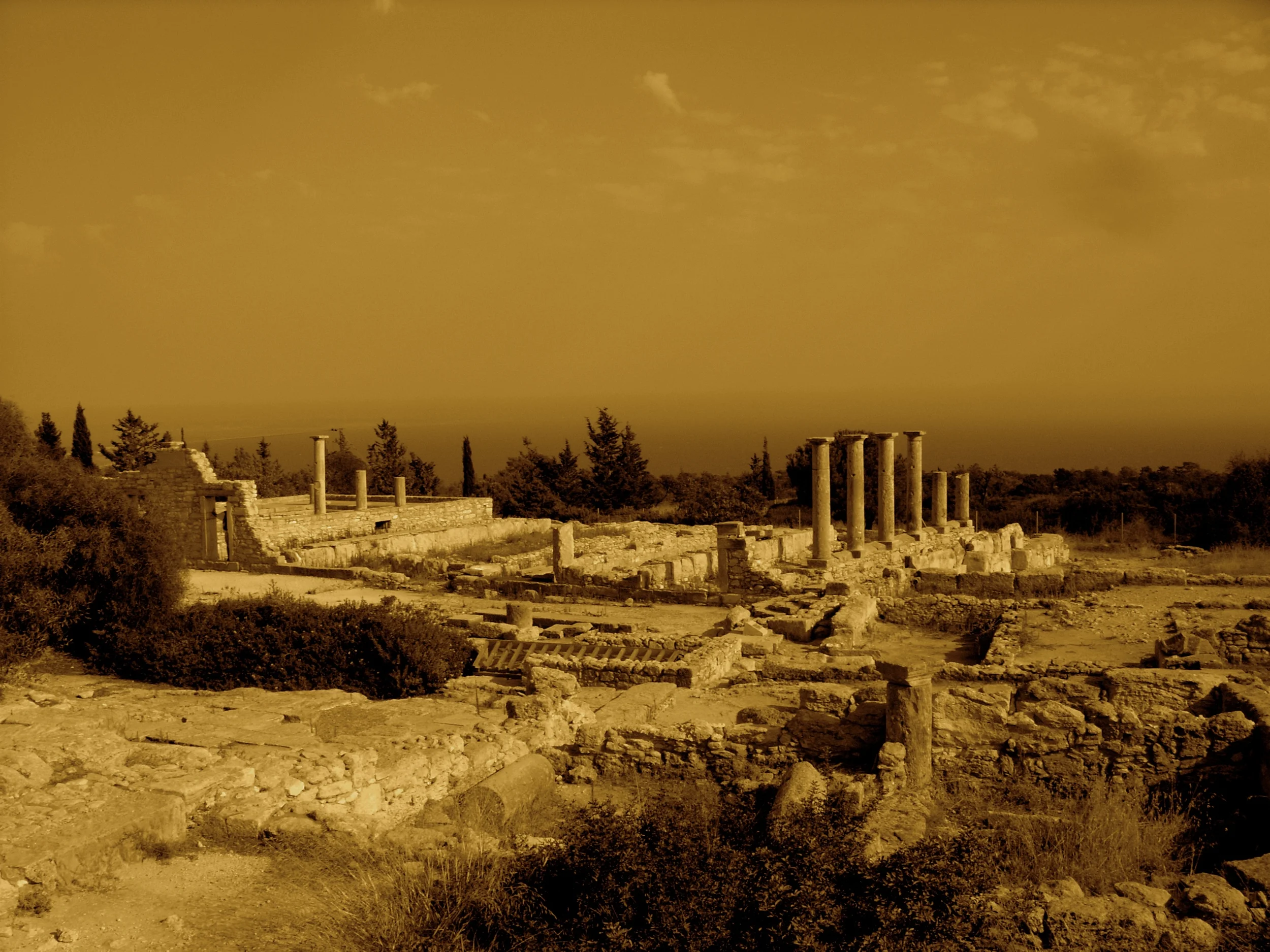Nice Attacks - One Month On
/One month on from the attack in Nice, we look at how terrorism has impacted on private security in the high net worth world.
85TH VICTIM
Pierre Hatterman, a 56-year-old psychologist who lived and worked in the French Alps had travelled with his family to Nice this summer to celebrate Bastille Day - French National Day, which commemorates the storming of the Bastille on July 14th 1789, and is an important day in the French calendar which marks this pivotal event at the start of the revolution, where ordinary people rose up and helped shape the country into a modern day republic. Mr Hatterman's wife and one of his children were killed on the night in Nice, when a local resident ploughed a truck into crowds watching a firework display on the Promenade des Anglais. Mr Hatterman became the 85th victim, following his death three weeks after the attacks, which leaves his remaining two children (who were also injured) to rebuild their lives without a brother and both parents.
PROMENADE DES ANGLAIS
Within four days of the attack, the restaurants and bars of the popular tourist destination were packed with people seemingly enjoying the warm summer nights, clearly showing the resilience and defiance of the multi-cultural tourist and local population of this beautiful French city. Driving down the Promendade in Nice exactly one month on from the attacks, it would appear that everything was back to normal, but looking a bit closer you can still see evidence of the attack - small bunches of flowers and candles placed where victims fell, a makeshift shrine created around the Monument du Centenaire, remnants of police markings on the road, and evidence of damage to infrastructure. Like all other cities and towns subjected to acts of terrorism, Nice will recover, but in the same way nobody can visit the Financial District in New York's Manhattan without thinking of the 9/11 attacks, driving along Nice's Promenade des Anglais will forever generate thoughts and memories of the Bastille Day attack.
DEADLY MONTH
Whilst the attack in Nice took the headlines, it was part of a deadly month of terrorism throughout the world. There were a total of 194 reported terrorist incidents during July 2016, resulting in the death of at least 1528 people (excluding death of perpetrators). Iraq was hit the hardest with 65 separate attacks resulting in 908 deaths. Further statistics:
Countries where attacks took place - Afghanistan, Angola, Armenia, Bahrain, Bangladesh, Burundi, Cambodia, Congo, Egypt, France, Germany, India, Indonesian, Iraq, Japan, Kazakstan, Kenya, Libya, Malaysia, Mali, Mozambique, Nigeria, Pakistan, Paraguay, Philippines, Saudi Arabia, Somalia, Syria, Taiwan, Thailand, Turkey, Ukraine, USA, Venezuela, West Bank, Yemen.
Types of attacks - assassination, bombing, suicide bomging, mortar bomb, shooting, car bomb, clash, counter-terrorism raid, execution, grenade attack, Kidnapping, landmine, melee attack (knives/machettes), rockets, shelling, attack with vehicle, and several 'unlisted' attacks.
Perpetrators - Islamic groups (al-Nusra Front, Abu Sayyaf, Al-Qaeda organisations, Bangsamoro IFF, Boko Haram, Al-Shabaab, Islamic State, Taliban, Harakat Nour al-Din al-Zenki, Jamaat-ul-Mujahideen Bangladesh, Jamaat-ul-Ahrar, Macina Liberation Front), ADF, Black Lives Matter, Mai-Mai, Nyatura rebels, Paraguayan People's Army, Kurdistan Workers' Party, RENAMO, Daredevils of Sassoun, Democratic Forces for the Liberation of Rwanda, Donetsk People's Republic, Front for the Liberation of the Enclave of Cabinda, Fulani herdsmen, 'lone-wolf' perpetrators of varying motives.
TERRORISM AND PRIVATE SECURITY
The threat from terrorism has always been a high priority for private security operating in hostile environments, but in contrast, it has traditionally formed a relatively small part of a typical private security risk assessment in benign environments, the thinking being that there is very little you can do to protect yourself from becoming a victim, and with attacks so rare, the focus was always more on the criminal or privacy threat. However, with an increasing number of attacks taking place in areas popular with tourists, public transport, and large scale events, the need to include terrorism in a threat and risk assessment has spread across the spectrum of private security to include family security and high net worth protection. It is becoming common now for a Close Protection Detail, when planning for a task, to include anti-terrorism procedures as part of their plan. Clients are increasingly turning to their security personnel to provide advice and protection in order to mitigate the terrorism threat. The teams currently operating on the French Riviera were expecting an attack such as this one, with our Team Leaders reporting for over year now that something like this was inevitable. On the night of Bastille Day attack, all our personnel who were in and around Nice were able to respond with a set of pre-determined procedures, ensuring the best possible protection for our clients.
THE POLICE VACUUM
With increasing numbers of police, government intelligence and security services focussed on the domestic terrorism threat, a security vacuum has been created which is being exploited by organised criminal gangs who know police are overstretched. These gangs are aware that the resources which were previously used to detect, respond to, and investigate them are no longer available. Whilst low-level criminals such as pick-pockets might be finding it harder to ply their trade with increased police presence in public places, the villas and apartments of wealthy individuals are becoming easy pickings for the high-level gangs. There is an argument that the public purse shouldn't be used to protect a high net worth community who have a reputation for tax-avoidance and concealing their money overseas, although to label all high net worth individuals in the way would be unfair - indeed, many of them pay way above the average in terms of taxation and contribute significantly to both national economies and smaller micro-economies (including police budgets) found in the towns and villages they frequent. Whichever side of this argument is true, what is clear is that in the current climate of global terrorism, and the associated threats seemingly here to stay, the private security industry is an inadvertent benefactor of terrorism.



